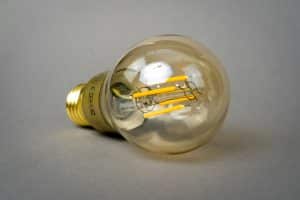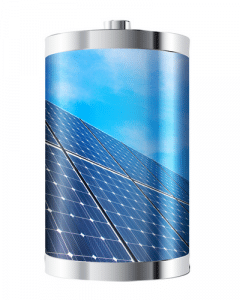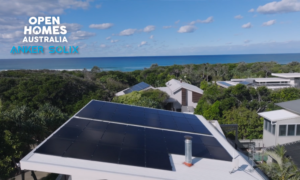Australians have experienced significant increases in their energy bills over the years. Yet a recent report states that there will be relief as energy prices drop by up to 7 per cent. The Australian Energy Regulator (AER) and Victoria’s Essential Services Commission (ESC) have released their draft default market offers for the 2024-25 financial year, which showed quite a large percentage of energy price reductions in various states from 1 July.
However, not everyone in Australia will get significant reductions in their energy bills. Hence, many are still looking for ways to increase their self-consumption. Here, you will find some of the best ways to improve your self-consumption.
Understanding your energy use
The first step is to understand how you use energy at home. This is where an energy audit becomes extremely useful. It involves a qualified professional who will assess your appliances, lighting, and insulation, determining areas that are silently costing you more. Energy audits are specifically handy for those who are about to make home improvements or have older homes.
If you want to understand your energy usage fully, you can also have smart meters installed. These meters can track your energy use in real time. All you need to do is log into your energy provider’s portal to see when and how much energy your house consumes throughout the day. This lets you pinpoint peak usage times and adjust your habits to align with your solar production.
Low-cost strategies to boost self-consumption
There are behavioural changes you can make to increase your self-consumption that will not cost you a lot of money.

- Turn off the lights: This is pretty straightforward, yet many forget about it, especially when you have kids at home. Make it a habit to turn off lights and electronics whenever you leave a room.
- Shift energy use to daylight hours: Schedule laundry loads, dishwasher cycles, and even pool pump operation for the sunniest part of the day. Let your solar panels do the heavy lifting.
- Use timers: Set your appliances on a timer to run during peak solar production hours, ensuring you leverage your home-grown energy as much as possible.
- Charge devices during the day: Plug in your phone chargers and other electronic devices. Power them directly from your solar instead of relying on the grid at night.
Then, you can also do upgrades for maximum energy efficiency, such as:
- Replace incandescent bulbs: Swap out old ones for energy-efficient LEDs, They last longer, use way less power, and come in various brightnesses and colours to suit your needs.

- Upgrade appliances to energy-star certified models: When replacing an appliance, look for models with the Energy Star certification. They use less energy, saving you money on your bills and making the most of your solar power.
Combining these behavioural changes and upgrades will definitely improve your self-consumption. They will enable you to maximise your solar power and minimise your reliance on the grid.
Invest more
If you can, you can invest wisely to boost your self-consumption. Here are some of the equipment worth investing in:

- Home battery storage system: This system stores any excess solar energy your panels generate during the day. Hence, you can use that clean energy at night or on cloudy days.
- Home energy management systems: These serve as the masterminds of your home’s energy ecosystem. They analyse your real-time energy use and solar production. In turn, they optimise appliance usage based on your solar power availability. You can even integrate them with smart appliances, pre-heating your water heater or charging your electric vehicle when solar production is at its peak.
- Electric Vehicles (EVs): With an EV, you no longer need to go to the petrol station because you’ll have clean transportation fuel. Not only will you be reducing your reliance on fossil fuels, but you’ll also save more as you move away from petrol. That’s a win-win for your wallet and the environment.
All of these require an upfront investment, yet their long-term benefits, in terms of increased self-consumption, reduced reliance on the grid, and potential cost savings, are significant. You can also explore government rebates and incentives that can make these investments more affordable.
There are many ways to save on energy bills, and these strategies are some of the most effective ways you can do. All these translate into a trifecta of benefits: lower energy bills, greater control over your energy costs, and the satisfaction of knowing you’re helping the environment by minimising your carbon footprint.
Energy Matters has been in the solar industry since 2005 and has helped over 40,000 Australian households achieve energy independence.
Complete our quick Solar Quote Quiz to receive up to 3 FREE solar quotes from trusted local installers – it’ll only take you a few minutes and is completely obligation-free.















































